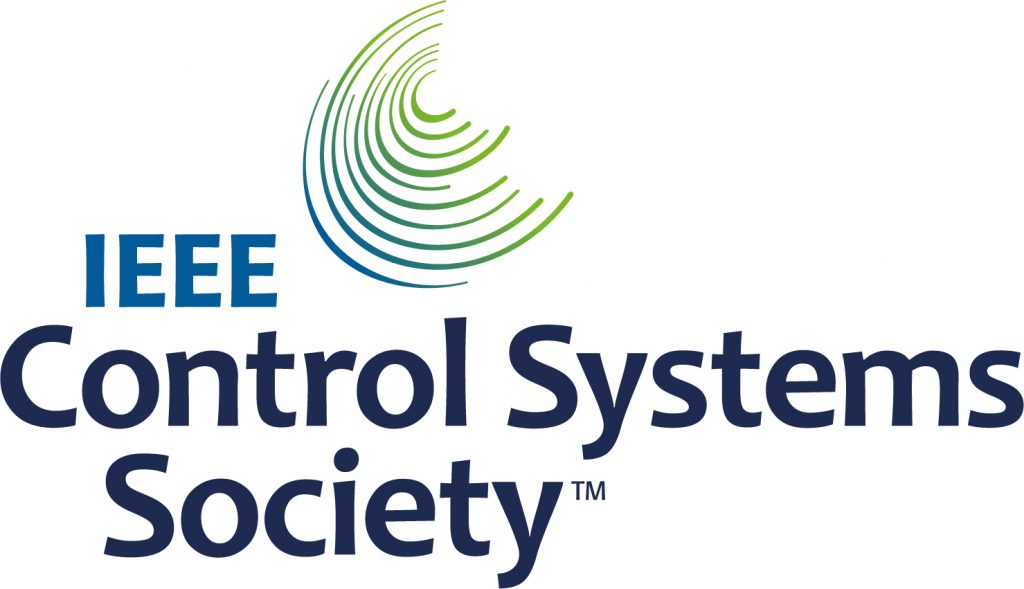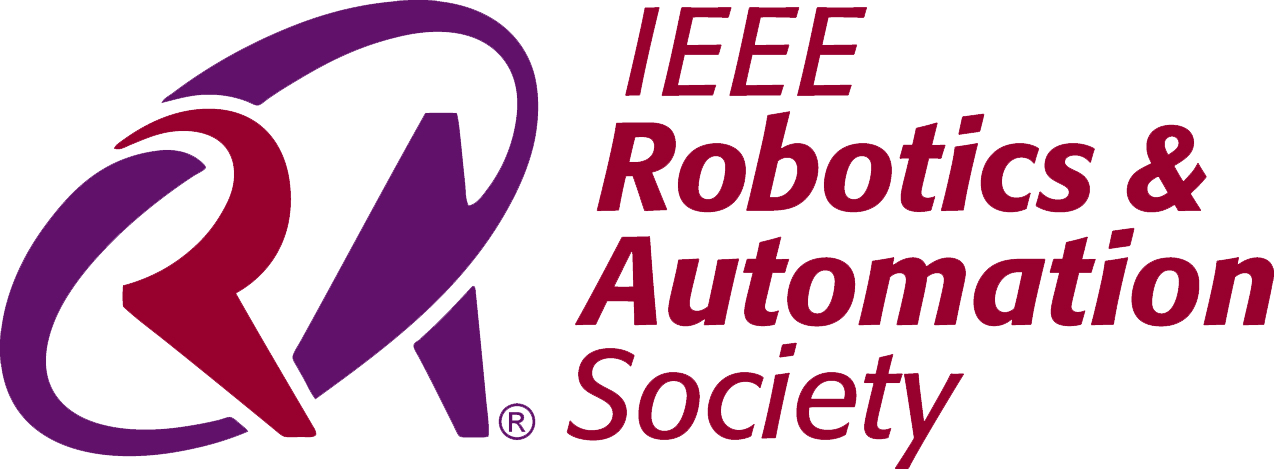Workshop on Indoor Environmental Quality (IEQ) Monitoring and Control for Smart Buildings
Abstract:
One of today’s greatest problems is the quality of the air we breathe, both outdoors and indoors, and especially in high occupancy public and commercial buildings. According to WHO and the Global Health Observatory, approximately 7 million people die each year from exposure to poor air quality conditions. At the same time, there is a significant lack of infrastructure and active solutions for the monitoring of indoor environment and the generation of actionable insights in terms of impact on occupants’ health. An interesting notion is that the mortality rate of COVID-19 could have been far lower, and the annual welfare losses (~€600 billion) across EU countries could have been significantly reduced if measures were already in place for the monitoring and control of the IAQ conditions. Such measures would have achieved a low transmissibility level of the virus in high occupancy, high risk indoor spaces. To tackle this problem, it is essential to implement a multidisciplinary approach that combines the areas of exposure science, environmental monitoring, machine-learning based monitoring and event diagnosis, ICT and real domain challenges.
Date: Thursday, June 29, 2023
Organizers:
– Alexis Kyriacou, LELANTUS Innovations Ltd, Nicosia, Cyprus
– Michalis Michaelides, Department of Electrical Engineering, Computer Engineering and Informatics, Cyprus University of Technology, Limassol, Cyprus
Workshop Program
– 14:00 – 14:20: Real-time monitoring and actionable decision support for Sustainable Indoor Environment Quality Certification (SIEQUA-CERT Project) – Alexis Kyriacou, LELANTUS Innovations Ltd, Nicosia, Cyprus
– 14:20 – 14:40:Assessment of indoor and outdoor air quality in primary schools of Cyprus during the COVID–19 pandemic measures in May–July 2021 – Corina Konstantinou, Cyprus International Institute for Environmental and Public Health (CII), Cyprus University of Technology, Limassol, Cyprus
– 14:40 – 15:00: IAQ and virus airborne transmission risk: A novel approach using CO2 measurements – Christina Kakoulli, Department of Electrical Engineering, Computer Engineering and Informatics, Cyprus University of Technology, Limassol, Cyprus
– 15:00 – 15:20: Sequential coupling modelling approach for the investigation of the thermal comfort and optimum sensor location in a room – Nearchos Stylianidis, KIOS Research and Innovation Center of Excellence, University of Cyprus, Nicosia, Cyprus
– 15:20 – 15:40: Contaminant event detection and isolation for smart buildings: From a multi-zone approach to CFD – Michalis Michaelides, Department of Electrical Engineering, Computer Engineering and Informatics, Cyprus University of Technology, Limassol, Cyprus
– 15:40 – 16:00: Discussion




